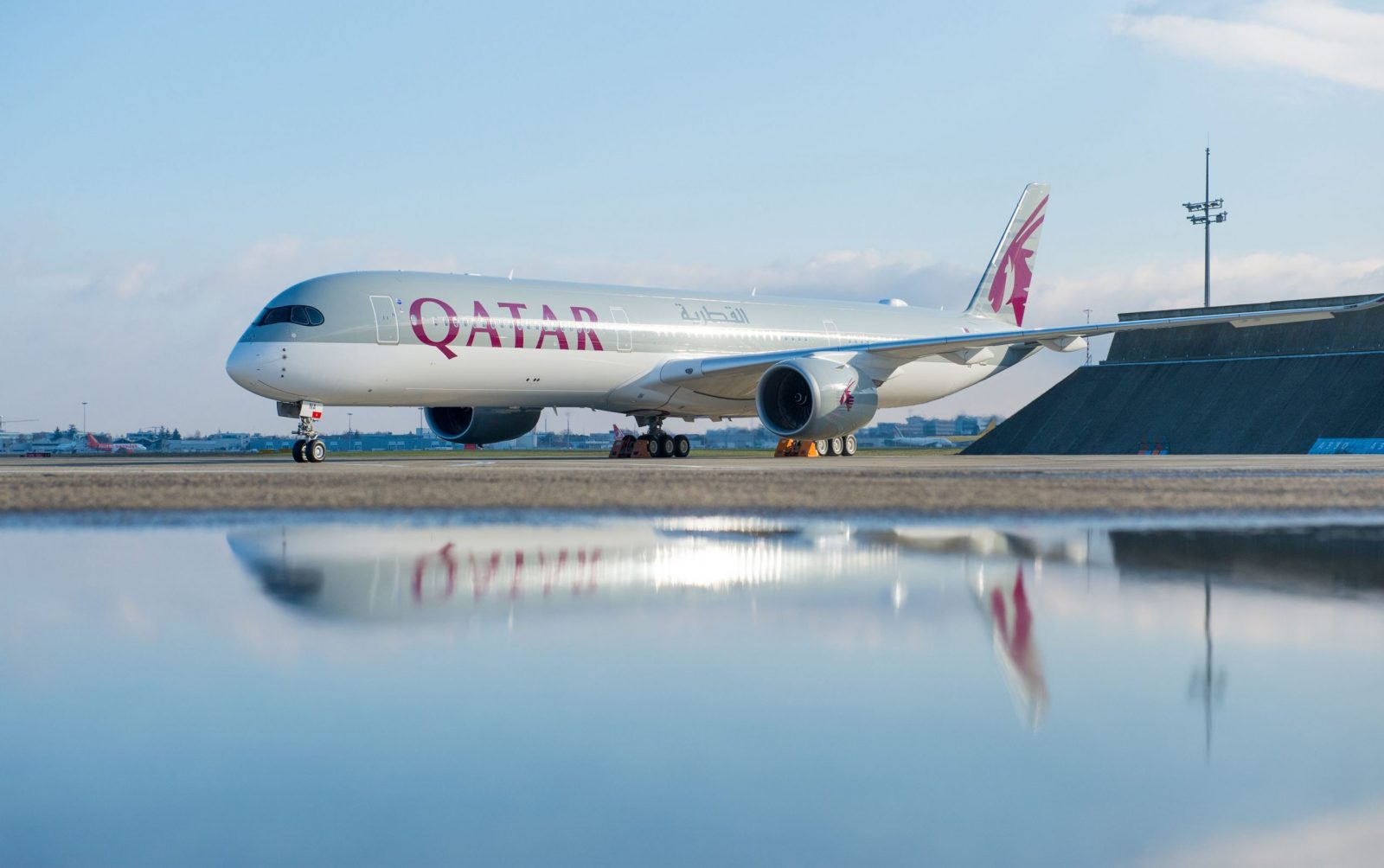
Qatar Airways has been ordered to produce documentation that its national aviation regulator actually grounded dozens of Airbus A350 jets in an ongoing multi-billion-dollar legal dispute that is taking place in London’s High Court.
During one of many preliminary hearings late last week, Judge David Waksman appeared to lose patience with the Doha-based carrier and demanded the airline submit written evidence from the Qatar Civil Aviation Authority (QCAA) by 21st April 2023.

Evidence that the QCAA ordered the grounding of at least 22 state-of-the-art A350 aircraft could be central to the legal case because this would back up the airline’s assertions that the regulator revoked the Airworthiness Review Certificates of the aircraft.
A source with insider knowledge of the court case, however, claimed Qatar Airways had already disclosed documents from the QCAA and alleged that Airbus was overstating Judge Waksman’s order.
Qatar Airways has maintained that the regulator grounded the planes because of a surface defect that causes paint to crack, bubble and peel over a special layer of copper mesh that covers the carbon composite airframe and provides protection against lightning strikes.
The airline fears the defect could damage the mesh and reduce the protection against lightening strikes – thereby posing a safety issue that necessitates the aircraft being grounded until a root cause analysis has been concluded.
Airbus insists that, while unsightly, the defect isn’t a safety issue and that there is no reason to ground the aircraft. The aerospace giant has, however, recently changed the mesh to a lighter perforated copper foil, and this may ease paint issues with the aircraft.
But despite months of legal wrangling and the submission of thousands of pages of documents to the court, Qatar Airways has so far failed to produce records of correspondence between it and its national regulator over the paint defect issue.
Judge Waksman described the thought that no such correspondence could exist as “absurd” and gave lawyers acting on behalf of the airline until the next scheduled court hearing on 21st April to produce the documentation.
In English civil law, it is generally accepted that unless something is written down, it can be argued that it didn’t happen. A lack of written evidence could bring the case brought by Qatar Airways crashing down.
Judge Waksman has sided with Qatar Airways on a number of preliminary issues, but a demand by the airline to force Airbus to carry out a deeper analysis of the paint defect was rejected last year.
Airbus has refused to hand over data that could be used by Qatar’s own experts to analyse the issue, citing national security concerns.
The manufacturer was, however, ordered to hand over details of compensation deals it has agreed with other A350 operators that have experienced similar paint defect issues. No other airline, though, has felt the need to ground the aircraft.
Mateusz Maszczynski honed his skills as an international flight attendant at the most prominent airline in the Middle East and has been flying ever since... most recently for a well known European airline. Matt is passionate about the aviation industry and has become an expert in passenger experience and human-centric stories. Always keeping an ear close to the ground, Matt's industry insights, analysis and news coverage is frequently relied upon by some of the biggest names in journalism.







